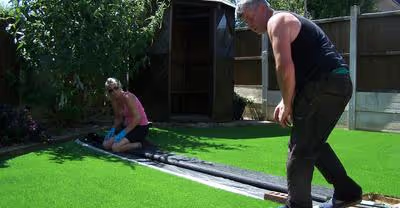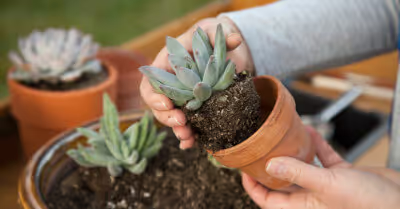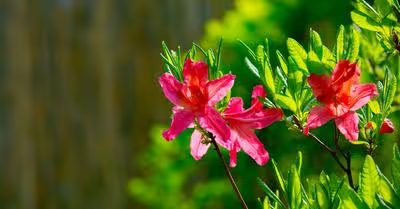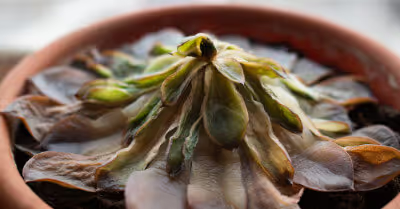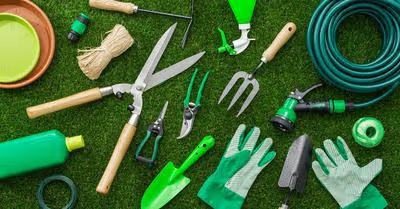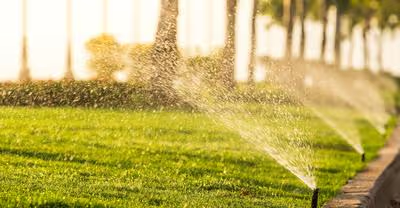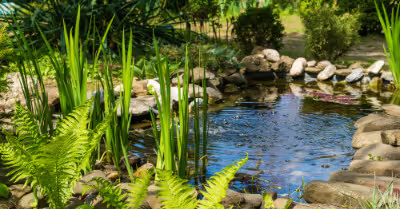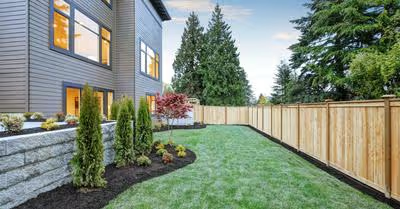Table of Contents
What is Hydroponics?
If you're like most people, you have probably never heard of hydroponics before. Hydroponics is a process of growing plants using mineral nutrient solutions, in water, without soil. It is a type of aeroponics where the plant's roots are suspended in air and periodically sprayed with a nutrient-rich solution. Hydroponics is used to grow vegetables, fruits, herbs, flowers, and other plants indoors or outdoors in containers or designated garden plots.
Because there is no soil involved, hydroponically grown plants are less susceptible to disease and pests. Plants grown hydroponically typically have a higher yield than those grown in soil and mature more rapidly. Hydroponic gardening is becoming increasingly popular because it is sustainable.
What is Soil Farming?
When sustainable and organic farming is becoming more popular, you may be wondering what soil farming is. Soil farming is an agricultural process that relies on natural substrates to grow plants. In other words, it's a way to cultivate plants without using artificial chemicals or inputs. This makes soil farming a more environmentally-friendly option, and it has some other benefits as well.
In contrast, hydroponic farming grows plants in water and relies on added fertilizers to provide nutrients. While soil farming has been used for centuries, hydroponic farming is a relatively new approach that has become increasingly popular. Some people argue that soil farming is more sustainable and produces higher quality crops, while others claim that hydroponic farming is more efficient and can be done in a wider range of climates.
Is Soil or Hydroponics Better?
Whether you are a first-time gardener or an experienced green thumb, you may be wondering if hydroponics is the right way to go for your next gardening project. There are pros and cons to both soil-based and hydroponic gardening, so it ultimately comes down to what fits best with your individual situation.
As the world's population grows, finding ways to produce food that doesn't require traditional farmland is becoming increasingly important. One alternative is hydroponics. But is this better for the plants? Some people say that hydroponics produces higher and more consistent yields than those from soil-grown plants. Others argue that hydroponics is less healthy for plants and can be more susceptible to pests and diseases.
Hydroponics might be the better option if you're limited on space since you can grow plants in smaller containers. However, if you're growing in an area with rich soil and plenty of sunlight, growing in soil is probably a better choice. Hydroponics is a great option for people who live in areas with poor soil quality or limited space.
Is Hydroponics Cheaper Than Soil?
There are many startup costs associated with launching a hydroponic farm. While the initial investment may be substantial, the benefits of this type of farming can be considerable. By carefully planning your startup costs, you can ensure that your new hydroponic farm is as successful as possible.
One major expense to consider when starting a hydroponic farm is the cost of equipment. You'll need to purchase grow lights, fans, CO2 tanks, and other necessary items. These items can add up quickly, so it's important to do your research and find the best deals possible. Another important consideration is the cost of irrigation systems and water pumps.
Reasons to Choose Hydroponics Over Soil
Saves Space
Have you ever thought about how much space your plants take up? Unless you have a green thumb, most of us have to resort to flower pots and garden beds to house our plants. However, with hydroponics, you can grow plants in any container using nutrient-rich water instead of soil. This saves space because you can fit more plants in a smaller area. Hydroponics also allows for more control over the plant's environment, meaning you can create the perfect conditions for each type of plant.
Vertical farming is a great way to use space, and hydroponics is an ideal way to do that with vertical farming. Hydroponics can be used in conjunction with other growing methods or be the sole means of growth in a vertical farm. Either way, it is a valuable tool for maximizing crop yields.
Saves Water
Did you know that hydroponics can save water? It can save up to ninety percent of the water used in traditional agriculture. That's because hydroponics doesn't rely on soil to grow plants; instead, plants are grown in a nutrient-rich solution. This means that less water is needed to irrigate crops, and fewer nutrients are leached away into the soil. As a result, hydroponic farms can be more efficient with their resources and produce less waste.
Saves Time
In the busy world we live in; time is a precious commodity. That's why anything that can save us time is valuable. When it comes to gardening, hydroponics systems offer a double benefit because they are fast and efficient. With a hydroponics system, you can grow plants right in your own home without having to spend hours digging in the dirt or planting seeds. And because the water and nutrients used in a hydroponics system are delivered directly to the roots of the plants, they grow faster than plants grown in soil. So not only will you save time with a hydroponics system, but you'll also get faster results.
Saves Money
Hydroponics is a great way to produce crops. The cost of production may be a bit higher than other methods, but the resulting yield is much higher in quality. Hydroponic plants are also more likely to survive during transport to command a higher price on the market. In short, hydroponics offer both lower costs and higher profitability.
Fewer Pests and Disease
If you're looking for an alternative to traditional gardening that is less susceptible to pests and disease, hydroponic gardening may be right for you. Hydroponics doesn't use soil, so there is no need to worry about soil-borne diseases. And because the plants are grown in water, there's no need for chemical pesticides or fertilizers.
Faster Plant and Crop Growth
When you think of the benefits of hydroponics, faster plant and crop growth is likely not the first thing that comes to mind. But according to a recent study, this might be one of the top advantages of hydroponic gardening. Researchers at the University of Technology in Sydney found that crops grown in a hydroponic system produced 50% faster than those grown in soil.
What's more, plants tended to be healthier and more resistant to disease when grown in a hydroponic garden. So if you're looking for an edge in your garden, consider trying out hydro-gardening. You may be surprised by how fast your plants grow.
Higher Yield
It may come as a surprise that, when done correctly, hydroponics can produce higher yields of crops than traditional farming. With the many advances in technology, it's no wonder that this growing method is becoming increasingly popular. By using water and dissolved nutrients to feed the plants, hydroponics allows for more control over the environment and results in greater production.
According to a study conducted by the University of Arizona, plants grown using hydroponics produce larger yields than plants grown in soil. The research team compared tomato plants that were both conventionally and hydroponically grown. The hydroponically-grown tomatoes had significantly more fruit and yielded 30% more than their conventionally-grown counterparts. This significant finding could affect farming practices worldwide as growers move towards more sustainable production methods.
Better Control
Hydroponics is becoming more popular as gardeners strive to control their plants' environment. By adjusting the pH levels, nutrient levels, and watering schedules, hydroponic gardeners can create an ideal situation for their plants to thrive in. Additionally, hydroponics makes it possible to garden indoors all year long, regardless of outside weather conditions. With a little bit of experimentation, you can use hydroponics to grow some incredibly lush and healthy plants right in your own home.
Recent Articles



